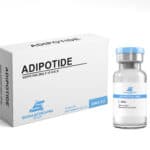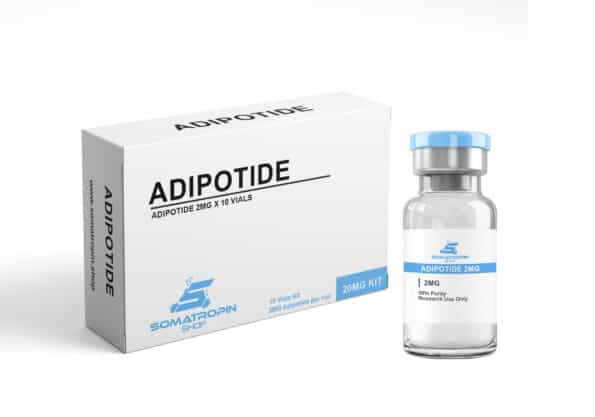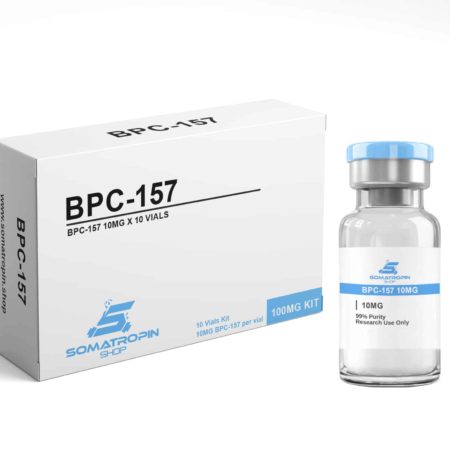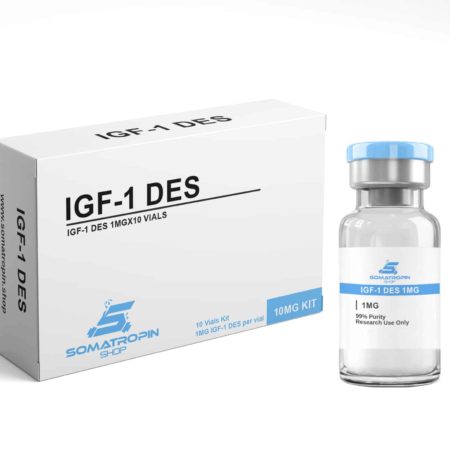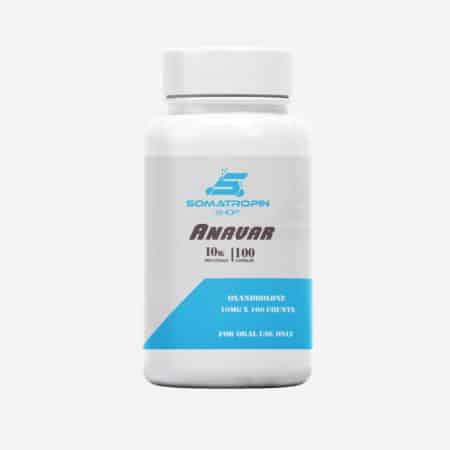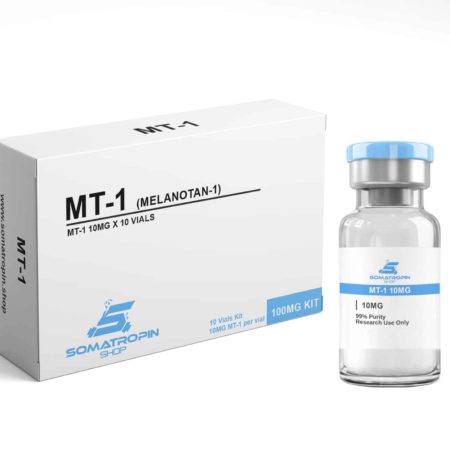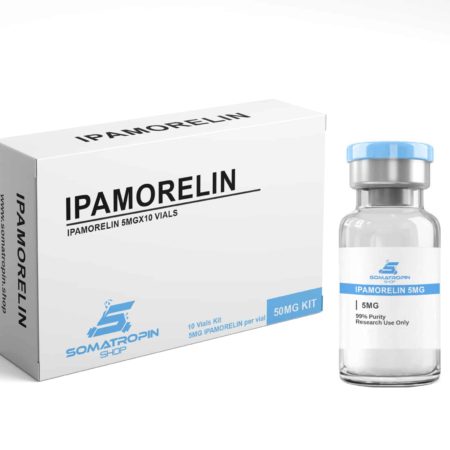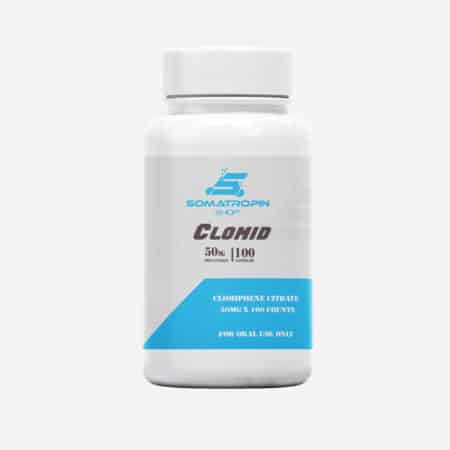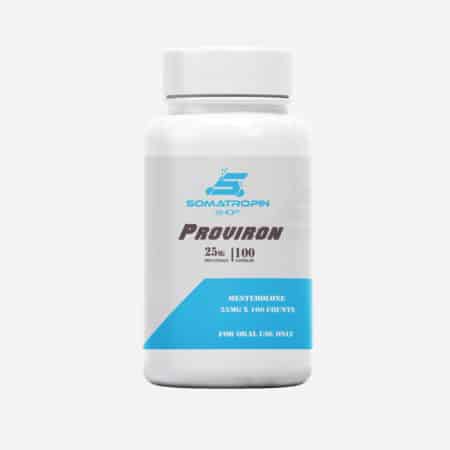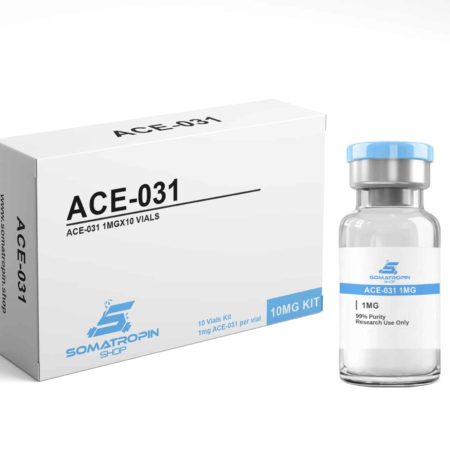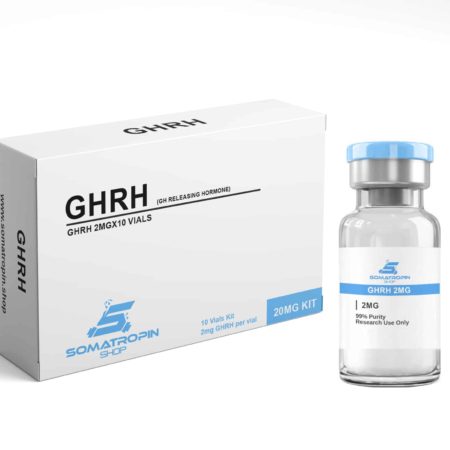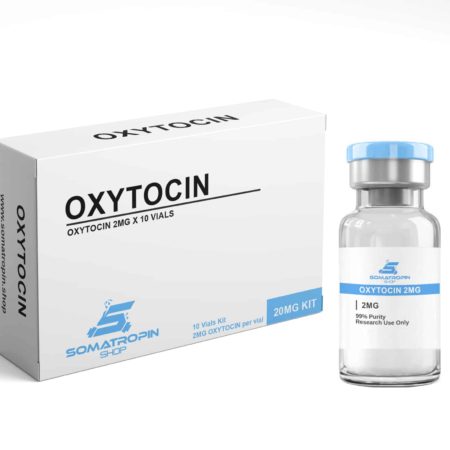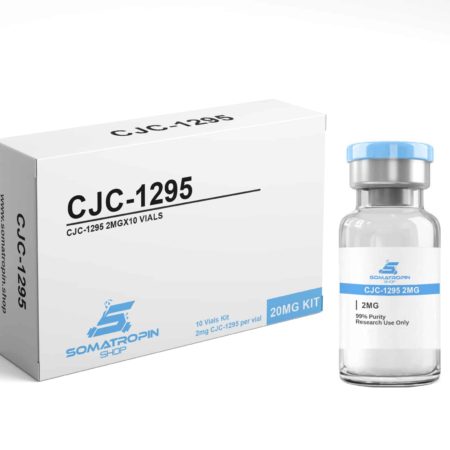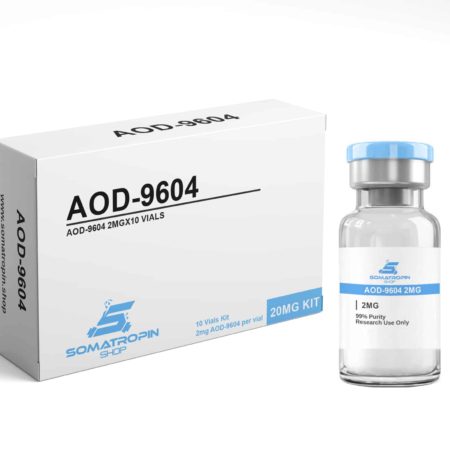What is Adipotide?
Adipotide (FTPP) kills fat cells, plain and simple, by targeting the blood supply of those cells. Interestingly, adipotide (FTPP) is able to discern the blood vessels in fat cells from the blood vessels throughout the rest of the body and is therefore highly selective. Research in monkeys shows that adipotide (FTPP) not only causes weight loss, it actually boosts insulin sensitivity and offsets some of the effects of type 2 diabetes.
Structure
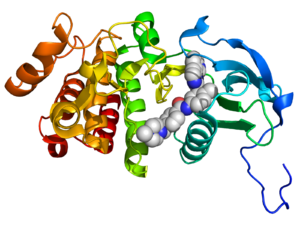
Sequence: Cys-Lys-Gly-Gly-Arg-Ala-Lys-Asp-Cys—Gly-Gly–(Lys-Leu-Ala-Lys-Leu-Ala-Lys)2
Molecular Weight: 2611.41 g/mol
Adipotide Research
1.Adipotide (FTPP) and Fat Loss
Adipotide (FTPP) was developed and placed into phase I clinical trials in 2011 to investigate its ability to kill fat cells. Tests in rhesus monkeys revealed that adipotide (FTPP) causes targeted apoptosis in the blood vessels of white adipose tissue (fat). Without a blood supply, the fat cells simply died. The net result was rapid weight loss, rapid decrease in body mass index (BMI), and improved insulin resistance characteristics. Interestingly, treatment with adipotide (FTPP) and subsequent fat loss not only improved weight, but actually contributed to changes in eating behavior. Monkeys who lost weight with adipotide (FTPP) also showed a decrease in food consumption.
The targeting of adipotide (FTPP) to the blood vessels serving fat cells may be mediated by a protein receptor called prohibitin. Prohibitin is a membrane protein that may only be found in blood vessels serving white fat and in cancer cells. It has been demonstrated that it is associates with this protein.
If it turns out that prohibitin is found only in fat vasculature and cancer tissue, then adipotide (FTPP) testing will be responsible for identifying a fat-specific target that can be used not just for therapeutic purposes, but for diagnostic purposes as well.
source: PubMed
2.Adipotide (FTPP) and Cancer
Prohibitin, the molecule that it contains likely targets in fat cells, has been associated with certain types of cancer.
Cancer cells are known to require substantial blood supplies in order to grow and metastasize. The ability to target prohibitin in cancer cells may provide for advanced therapies that target cancer without harming surrounding tissues.
3.Adipotide (FTPP) and Glucose Tolerance
Glucose tolerance is a term that refers to higher than normal levels of blood sugar. The condition is generally diagnosed with a blood test and confirmed by testing fasting glucose levels or by administering a glucose tolerance test in which a set amount of sugar is consumed and then blood levels of sugar are measured. Glucose tolerance is a proxy measure for diabetes, with increased glucose tolerance indicating a trend toward diabetes.
Treating elevated glucose levels can be done with diet and exercise, but these methods require dedication and motivation. They also take considerable time to have an effect. In general, most people with impaired glucose tolerance go on to develop overt type 2 diabetes and require drugs like metformin and, in some cases, insulin. Research into it has revealed that the peptide produces rapid and weight-independent improvement in glucose tolerance,
The latter part is critical, because it indicates that a reduction in white fat by it is effective in reducing glucose tolerance regardless of the impact on weight. In other words, it is the fat loss that is important, not the weight loss. These findings not only open the pathway for developing new treatments for pre-diabetes and diabetes, they help to clarify and explain the mechanisms that lead to diabetes in the first place.
There is some argument as to whether it is directly causes fat loss or simply decreases food intake which indirectly leads to fat loss, It is likely that it directly causes fat loss. This hypothesis is supported by the fact that the peptide causes changes in fat cell density without causing weight loss and affects glucose tolerance without causing weight loss.
Future Adipotide (FTPP) Research
The primary area of adipotide (FTPP) research is in fat loss and diabetes. The peptide targets specific cells in the blood vessels that supply fat tissue, causing those blood vessels to die and, as a result, causing the fat cells they supply to die. it is an anti-angiogenic peptide, which means it targets blood vessels. Anti-angiogenic molecules are of keen interest right now in the treatment of cancer. There is limited, but promising research, on the role of adipotide (FTPP) in cancer.
| Dosage | 20mg (2mg x 10 Vials), 50mg (5mg x 10 Vials) |
|---|
Related Products
All Peptides are shipped non labeled
IGF-1 DES is a truncated, natural version (splice variant) of insulin-like growth factor-1. Naturally found in the brain, breast milk, and uterine tissue, IGF-1 DES stimulates hypertrophy and hyperplasia of a number of different cell lines. Research has shown this version of the protein to be more potent than standard IGF-1, mostly as a result of its enhanced bioavailability. Currently, researchers are looking at ways to utilize IGF-1 DES in the treatment of inflammatory bowel disease (IBD), autism, and a variety of neurological conditions. Research shows that it helps to maintain the health of synaptic connections in the central nervous system and, like all IGF-1, promotes the repair of muscle and connective tissue.
10mg Kit
1mg X 10 Vials
All Peptides are shipped non labeled
Product packaging may change from time to time
Melanotan (MT-1) It is used clinically, to prevent sun-related skin damage (i.e. phototoxicity) from occurring in people suffering from erythropoietic protoporphyria. Though initially developed as a sunless tanning agent, melanotan 1 has been found to have a number of physiologic effects on blood pressure, feeding behavior, central nervous system function, and more.
100mg Kit
10mg X 10 Vials
All Peptides are shipped non labeled
Ipamorelin is a pentapeptide, meaning that its structure is comprised of five amino acids. It is a secretagogue, and is considered to be an agonist, meaning that it possesses the ability to bind certain receptors of a cell and provokes a cellular response. Ipamorelin’s operational mechanics enables the peptide to stimulate the production of pituitary gland-based expression of secretions related to growth amongst animal test subjects. At the same time, the presence of the peptide has been shown to inhibit the production of a secretion known as somatostatin. Additionally, it has been determined that Ipamorelin has the ability to boost the production of IGF-1, or Insulin-like Growth Factor 1. Its presence plays a key role in the overall growth and repair of muscular and skeletal tissue.
All Peptides are shipped non labeled
ACE-031 is a synthetic protein made up of activin receptor type IIB and the immunoglobulin G1-Fc (IgG1-Fc). It binds to myostatin and related proteins within muscle, rendering them inactive. Research shows it to be useful in stabilizing muscle mass and strength in both primary muscle-wasting disorders and neuromuscular conditions
10mg Kit
1mg X 10 Vials
All Peptides are shipped non labeled
Available on backorder
GHRH (Growth Hormone Releasing Hormone)
20mg Kit
2mg X 10 Vials
All Peptides are shipped non labeled
Oxytocin, a natural protein hormone, plays important roles in sexual reproduction, childbirth, bonding between mother and child during breast feeding and wound healing. New research suggests that it may boost cognitive performance, reduce cardiovascular risk, and offset the effects of diabetes.
20mg Kit
2mg x 10 vials
All Peptides are shipped non labeled
CJC-1295 No DAC is a truncated peptide analogue of growth hormone releasing hormone (GHRH). First developed in the 1980s, research studies with modGRF have shown it to improve muscle repair and growth, accelerate wound healing, strengthen bones, increase fat burning, and improve metabolism. It may also have beneficial effects on blood sugar regulation and the immune system.
All Peptides are shipped non labeled
AOD-9604 is a modified version of the hGH fragment 176-191 peptide (contains a di-sulfide bridge) and thus a derivative of human growth hormone (hGH). Originally developed as a lipolytic (fat burning) compound, AOD9604 has shown benefit in studies of heart disease, osteoarthritis/cartilage repair, and metabolic syndrome. AOD9604 stimulates lipolysis (the breakdown or destruction of fat) and inhibits lipogenesis in animal studies.
All Peptides are shipped non labeled
Categories
Tags
- 100iu
- anti aging
- anti wrinkles
- bioregulator
- bioregulators
- Bodybuilding
- cjc
- cjc 1295
- cjc1295
- cycle
- fat loss
- genotropin
- gh
- ghrp
- gnrh
- hgh
- human growth
- human growth hormone
- hygetropin
- igf
- igf-1
- ipamorelin
- jenotropin
- kingotropin
- kit
- mgf
- nordictropin
- norditropin
- orals
- pct
- peptide
- peptides
- primo
- Primobolan
- roids
- selank
- semaglutide
- somatropin
- Stanozolol
- steroid
- steroids
- Tesamorelin
- testosterone
- Tirzepatide
- Winstrol

